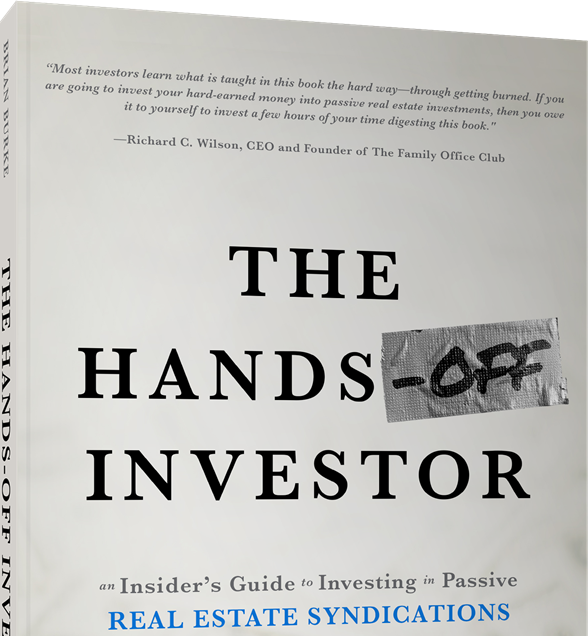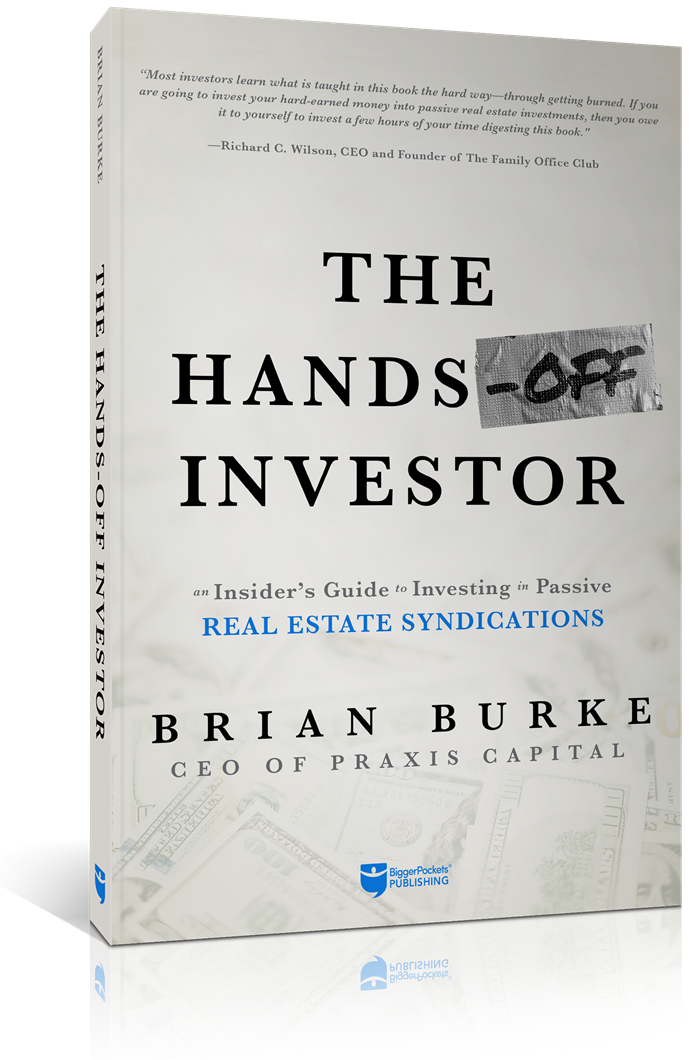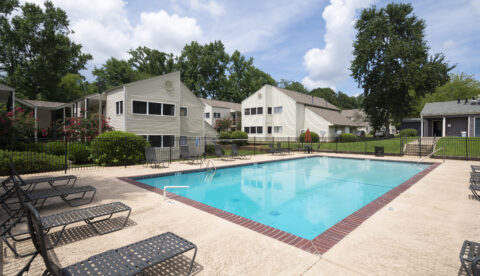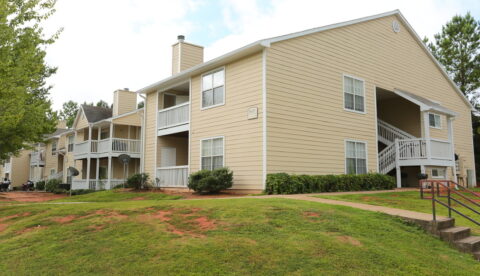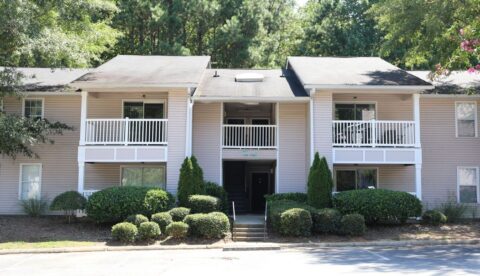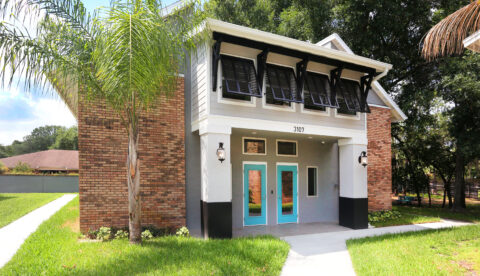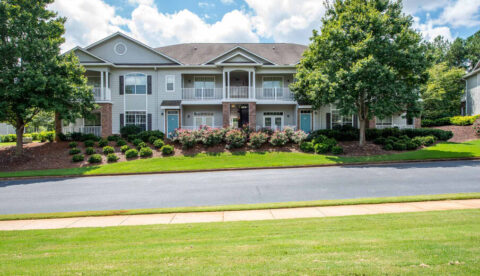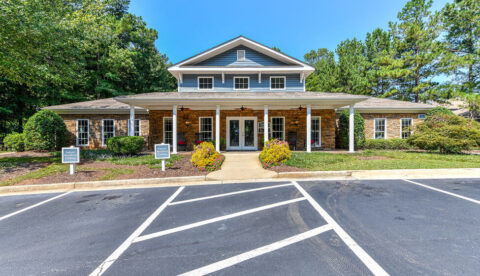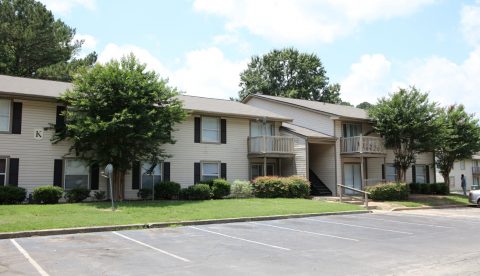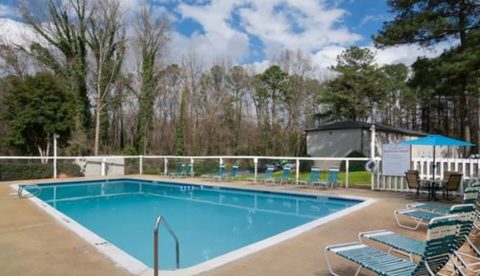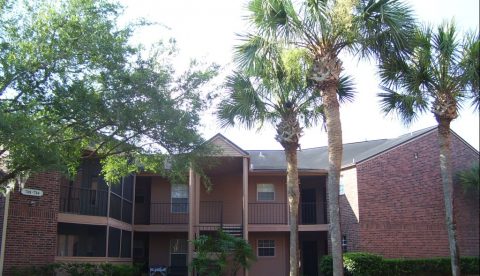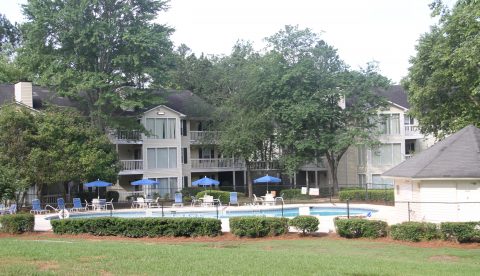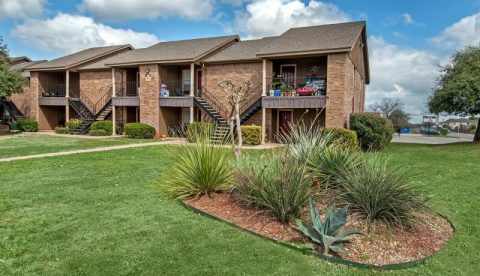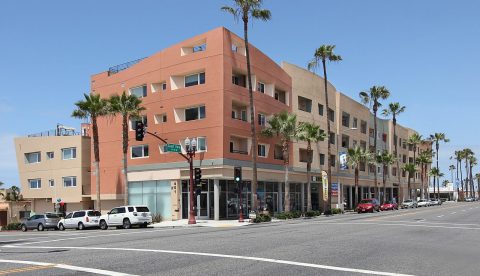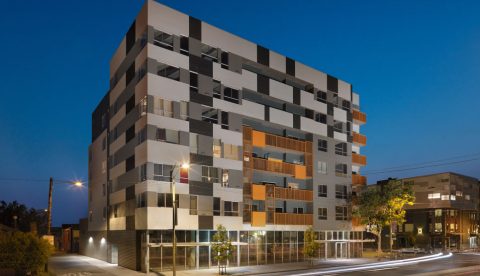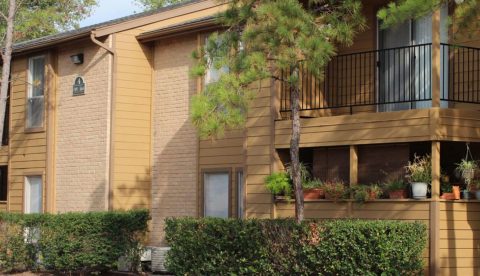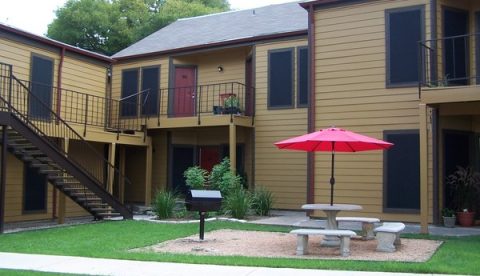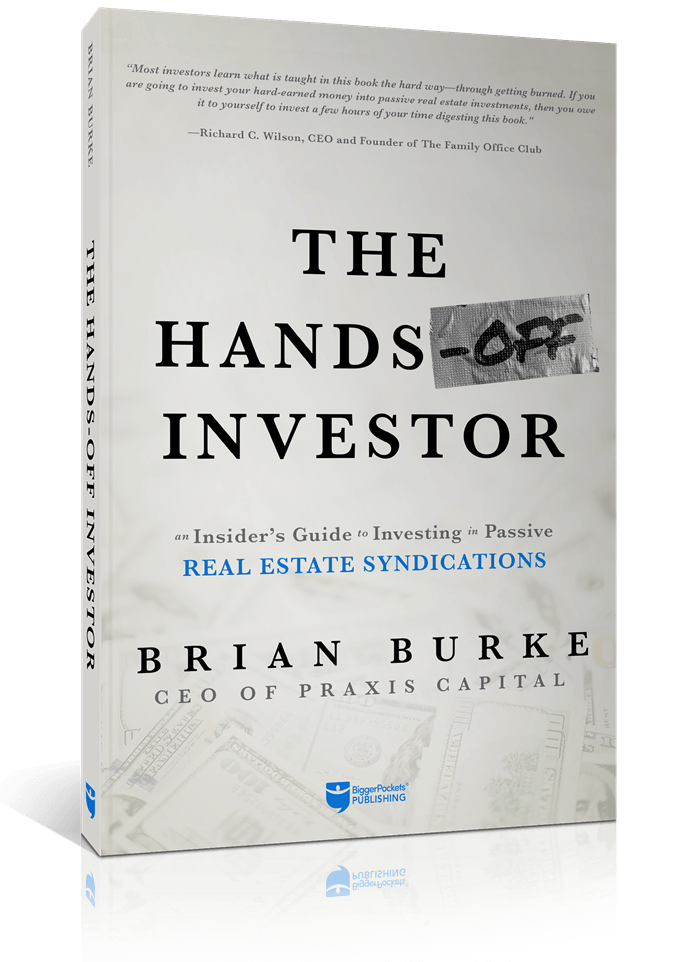How Universal Guaranteed Income Impacts Renters & Landlords

How will new guaranteed income programs and green mandates impact the real estate market?
Increasing green mandates, rent controls, and pushing for some form of universal guaranteed income are trends that have been building up for a while. The coronavirus could certainly prove to be the tipping point which allows more of these regulations to pass. What will it mean for renters, landlords, and real estate investing?
Guaranteed Income
Mark Zuckerberg is among many leaders who is pushing for a universal guaranteed income program. Leaders often use the fact that technology and robots will replace 80% of old jobs, increasing the vulnerability of many people.
More recently, the COVID-19 crisis seems to make some form of guaranteed income much more likely to take hold. At the very least, we may see more and longer pilot programs. Mark Cuban has been a vocal supporter of this, too.
It appears that many Americans splurged their stimulus checks on new luxury items, as many have enjoyed spending their days leisurely at home instead of working. There’s a possibility that could change as moratoriums on evictions end, and someone needs to pay the rent.
Is It Good For Landlords?
There are many ways to apply these programs. Whether individuals get $1,000 checks that must be cashed quickly, or housing vouchers from the government, tenants receive a steady check.
Like Section 8, this is effectively government-backed rent. It can be attractive to some landlords. It can provide consistency in income. In many cases, working class rentals can lease for higher monthly rates through Section 8 than to regular cash tenants.
It Makes Housing More Expensive
These trends can also make housing more expensive.
Between supporting guaranteed income programs, rising property taxes, and new green and clean mandates, it can definitely work in direct opposition to affordable housing.
The government can’t do it alone. For example, in LA there are $500k apartments built for the homeless. The promise of a half million dollar home for free plus a guaranteed income is captivating. But, these all add to the issues.
For landlords to qualify their projects, there are also typically more inspections and checks in place to satisfy the items governments think are important in housing.
With fewer taxpayers pitching in to share the burden and landlords unable to raise rents due to rent controls, it can create a decline in housing quality and put a higher burden on workers and business owners.
This adds a lot of urgency for those who want to work and bring value with new businesses to find new tax breaks. Many are in turn shifting more of their wealth and income to investing in real estate for the great tax breaks it offers.
Summary
If these programs do become a part of the ‘new normal’, it could be good for real estate in some ways. As a landlord, you need to foresee rising costs and additional inspections that can be associated with this type of property. Yet, it is a good time to invest in cash flowing assets with tax breaks, and real estate certainly stands out as an attractive option.
